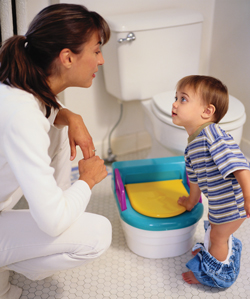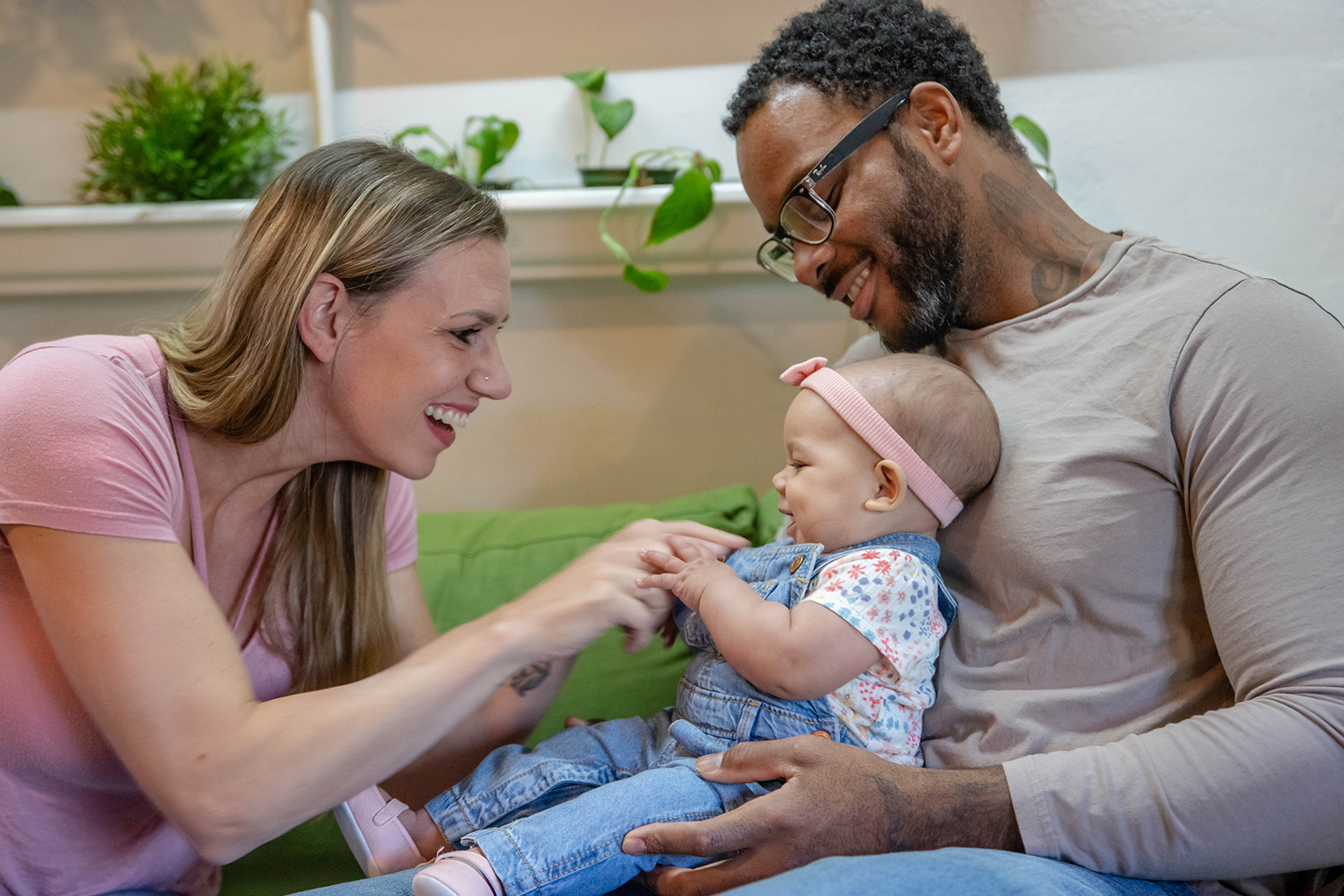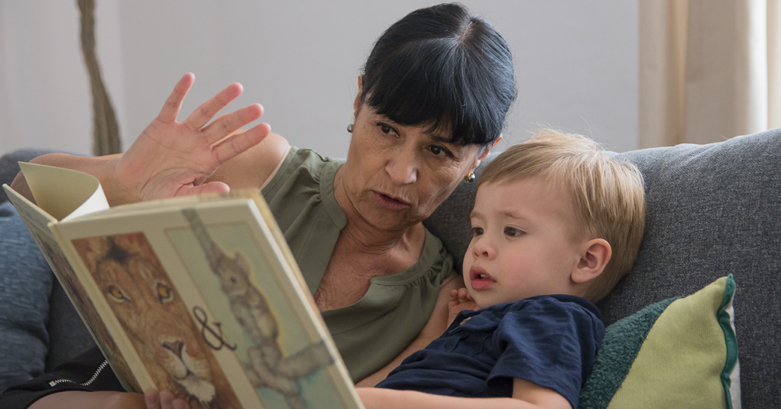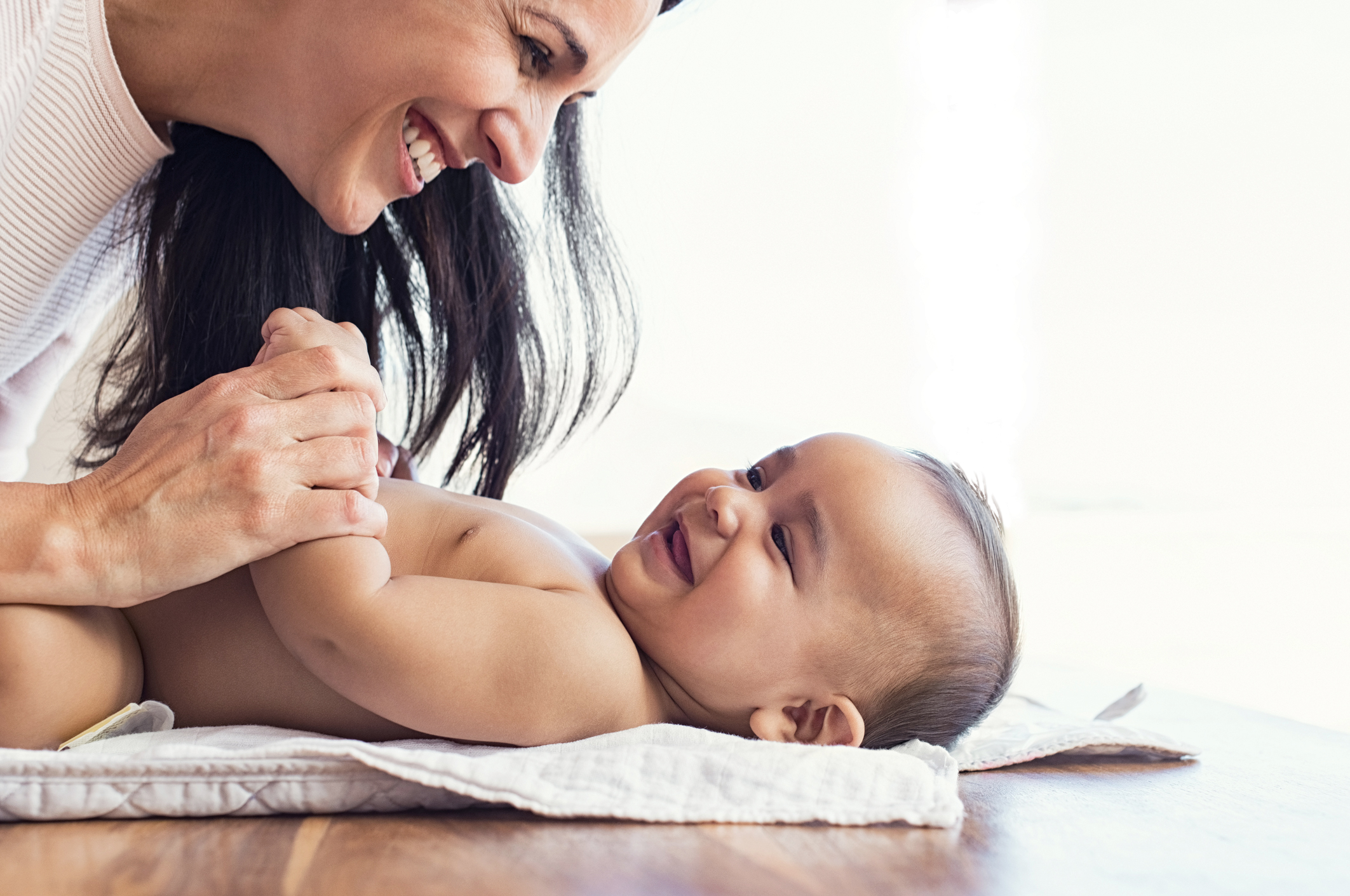Learning to use the toilet is a big step for your child. Most children are ready between ages 2 and 3. Does your child understand what to do? Can he take his clothes off? Does he want to use the toilet? Encourage your child, but do not force him. It may take 3 to 6 months before your child learns to use the toilet during the day. Staying dry all night can take longer. Be patient. Over time, your child will have fewer accidents.

Look for Signs That Your Child Is Ready
- Her diapers are dry for at least 2 hours or dry after her naps.
- Her bowel movements are regular.
- Her face or posture shows when she is ready to urinate or have a bowel movement.
- She fusses or asks to be changed when her diaper is wet or dirty.
- She can walk to the bathroom, help undress herself and follow simple directions.
- She asks to use the potty or wear “big kid” underwear.

Don’t Rush
- Do not rush your child just so he can go to child care. Find another program or wait a few months.
- Try not to start when there are big changes in your child’s life. Moving, the birth of a sibling, changes in child care, divorce or a family trip can be stressful. Wait until your routines are back to normal before you start.
At Night
Many children still need a diaper at night, even when they use the toilet during the day. Some children wet the bed at night until age 7 or older. If a parent wet the bed as a child, the child may also. Do not make your child feel ashamed.
To help prevent accidents at night, limit how much your child drinks two hours before bedtime. And make sure your toddler uses the toilet just before bedtime. If you are worried, talk to his doctor.
THINGS YOU CAN DO
 Start Slowly
Start Slowly
- Start by having your child sit on the potty at the same time each day.
- Try several times a day and at bedtime.
- Try when he shows signs that he needs to urinate or have a bowel movement.
- Let him sit for several minutes. Let him get up when he is ready.
- Do not expect him to use the toilet right away. Reward him with praise and hugs when he does.
Tips for Helping Your Child Learn
- Dress your child in loose pants, pull-up diapers or training pants. A toddler cannot undo clothes that snap at the crotch.
- Get a children’s book about learning to use the toilet.
- It is helpful for mothers or sisters to show little girls, and fathers or brothers to show little boys.
- Teach children to throw toilet paper in the toilet, flush the toilet and wash and dry their hands.
- Teach girls to wipe from front to back, to prevent infections.
- Decide what words you will use for your child’s body parts, urine and stool. It is best to use the correct terms, like “urine,” or common terms, like “pee” and “poop.”
- For more tips, contact the Birth to Five Helpline. Or visit Dr. Greene.
The First Things First Parent Kit was developed in partnership with Health Research for Action/UC Berkeley. © 2018 The Regents of the University of California. Additional video, graphic and other content © 2018 First Things First. All rights reserved.




